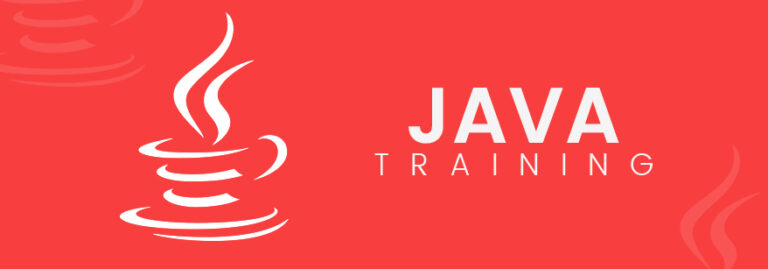Established with an aim of providing innovative digital marketing solutions to clients that are cost-effective, we have been catering to a wide range of clientele. We excel in utilizing digital marketing to communicate intricate ideas in a simple, concise and memorable way.
Pages
Company
- N. Q. I. Plaza, 218, Alpha-I Commercial Belt, Alpha I, Greater Noida, Uttar Pradesh 201310
- 301, 3rd Floor, Above Muthoot Finance, Sector-22, Noida, Uttar Pradesh 201301.
- +91-9599510108, +91-9350201919
- info@mirorsoft.com






